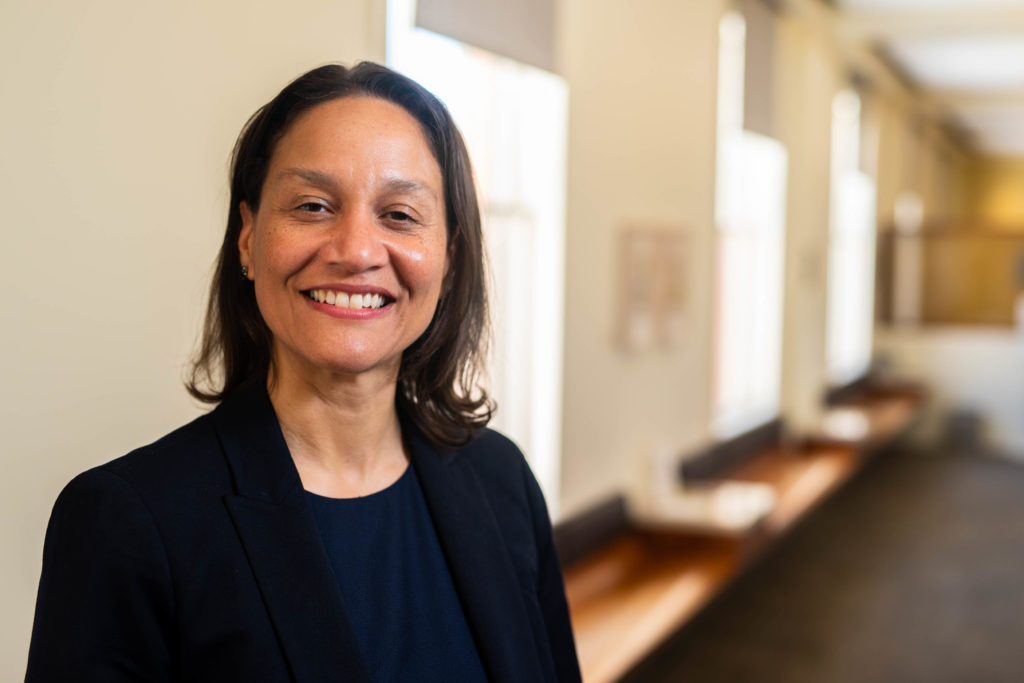"I felt really great going into that appointment and left feeling bad about myself," said Shelly after a recent visit to her primary care doctor.
In this case, Shelly -- whose name has been changed for privacy --- had gained eight pounds since her last visit; but her weight was well within the healthy range. Her experience discussing weight with her doctor, and the fact that she felt "weight shamed," led her to change doctors.
"Do your clothes still fit from last year?" a primary care physician asked another patient during her yearly checkup; That question left her feeling "really uncomfortable," the patient said.
Talking about weight with your doctor can be uncomfortable for many patients. But it's not just patients who can struggle with discussing weight. A 2017 study showed that the majority of doctors either aren't talking about weight with their patients or feel embarrassed doing so.
Doctors may not like talking about weight either
With this in mind, how can primary care physicians have more effective conversations with their patients about weight? I spoke with Megan Mahoney, MD, chief of staff at Stanford Health Care, to learn more.
Obesity is a problem, she emphasizes. "We are, in the United States, confronted with an obesity epidemic; and unfortunately, we're seeing the highest rates of diabetes and hypertension that we've ever seen. And the problem is only getting worse... Obesity is something that we do have evidence-based interventions for, and they're woefully underutilized."
For Mahoney, talking about weight starts with building a relationship with her patients.

"A skilled clinician will be able to discuss difficult, stigmatized topics in a skillful way if they're adequately trained and experienced," she told me. "Our interaction with our patient will determine whether the message is heard, and that is based on our ability to create a trusting relationship with our patients."
A recent study showed that the language used to discuss weight plays an important role in the conversation, with words like 'obese' or 'fat' being disliked by patients.
Mahoney's approach echoes this. "I strictly use 'increased BMI,'" she said. "I do not talk about 'obesity' or 'overweight' precisely because, unfortunately, there's a lot of stigma associated with obesity in our society. I believe that when I use a term that is not as charged, I'm more effective in engaging with my patients."
Build a relationship based on trust
Mahoney also suggests setting small and realistic goals in partnership with the patient. "If the patient is engaged around the goal then there's a higher likelihood that they'll be effective in achieving the goal -- whatever that goal is. If the goal is weight loss and the patient is able to identify a small, achievable change that they can work on, then there's a higher likelihood that they'll be able to be successful."
Mahoney believes that a non-judgmental attitude on the part of the clinician can go a long way. "When I enter into a situation where I feel like I'm being judged then, yes, I'm definitely going to be looking for a different doctor," she told me.
Lastly, Mahoney encourages patients to advocate for themselves in these discussions.
"There should be an awareness that you're entitled to have your needs met and your concerns addressed in a visit," she emphasized. "This is what we're all about -- providing patient-centered care."
The second part of this series addresses what doctors can do to have more effective conversations with patients about weight.
Top photo by tmcphotos/ Shutterstock; Photo of Megan Mahoney by Steve Fisch




